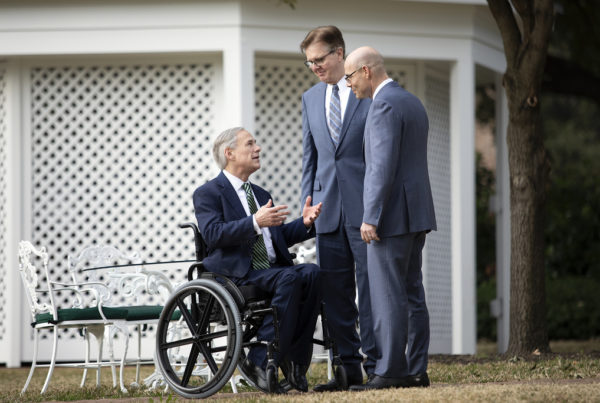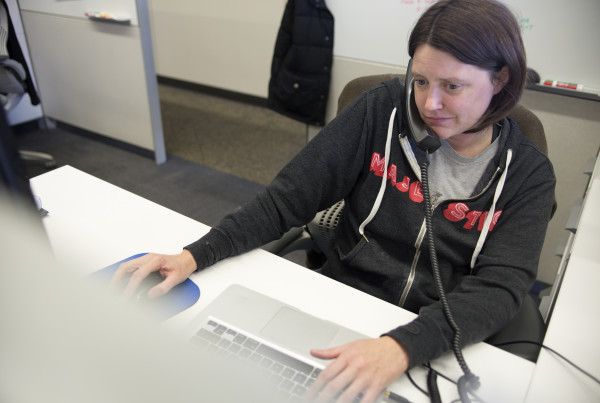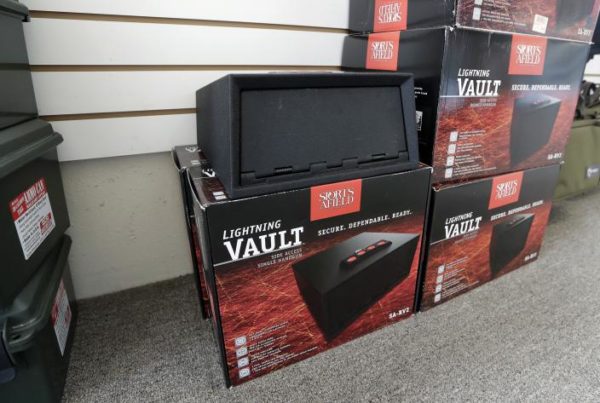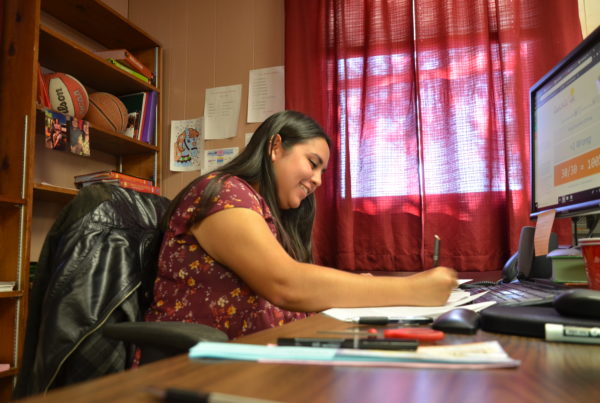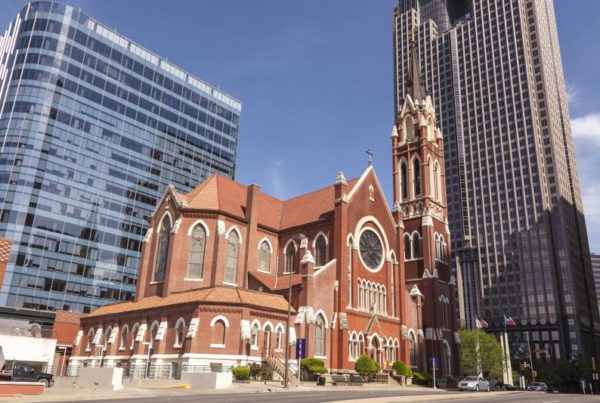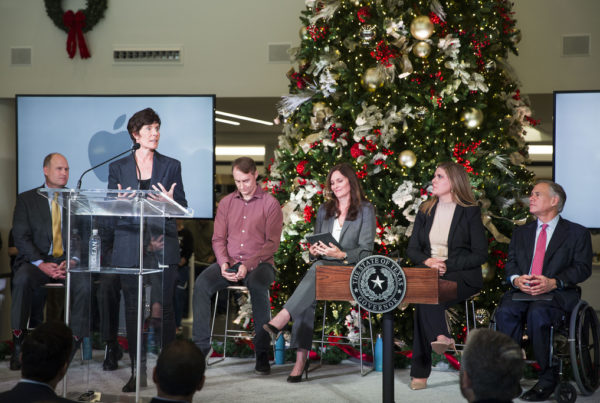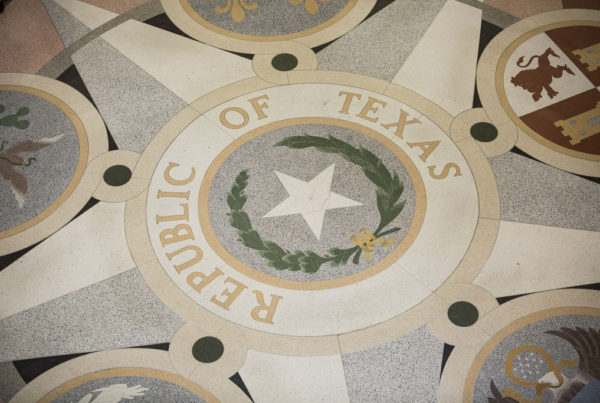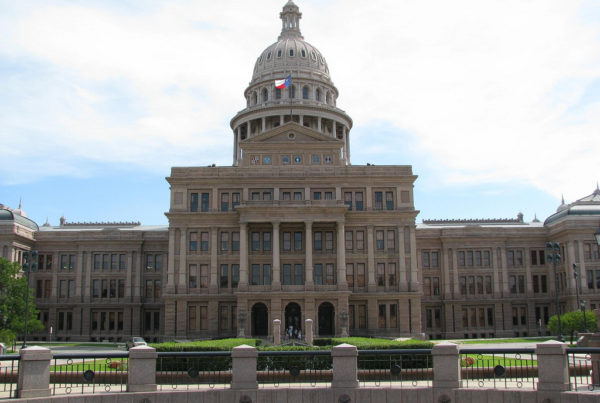From Marfa Public Radio:
It doesn’t take much to see that the Permian Basin’s economy is doing pretty well right now. Just look at Midland and Odessa: the two cities’ unemployment rate is around 2 percent, wages are high and property values are rising.
It won’t be a surprise to anyone that the reason for this is oil, and if you’re working in the industry, you may be doing pretty well. But one West Texas listener asked:
“I’m Hunter, from Odessa, Texas. If you don’t work in the oil field in Odessa, how screwed are you?”
Instead of jumping right into this question, Marfa Public Radio’s Mitch Borden asked around to see whether people agreed and the short answer: it depends.
After speaking with quite a few people, it turned out it’s not just those who work outside of the oil field who are struggling to get by right now. The cost of living has gone up over the past few years to a point where it’s hard for people in and out of the oil industry to keep up, especially when it comes to housing.
To say it’s hard to find a nice, affordable place to live in the Permian Basin right now is an understatement. Just ask Ambr Burch.
Two dogs, a couple of cats, one fish, Burch, her son and her boyfriend all squeeze into a small apartment for $1,300 a month, which is about the average rent in Midland-Odessa.
“This is my one-bedroom,” Burch says. “I actually use the dining room as the baby room.”
Burch and her boyfriend are living paycheck to paycheck, and it’s clear they think about money a lot. Taped to the back of their front door are lined pieces of paper tracking what bills need to be paid and how much the couple will make this month.
“This is the bedroom; you’ll have to bear with me it’s a little messy. It’s tiny as well but we all manage to fit into the one bedroom best we can,” Burch says.
Burch describes herself as a stay-at-home mom, but both she and her boyfriend work. She waits tables most days of the week and he works in the oil fields, but even with a combined income, it’s only enough to get by.
“Bringing in $5,000 a month may sound like a lot, but when your bills are super high it goes by fast,” Burch says.
When Burch first came to Midland a year ago she had no idea how hard it was going to be to make ends meet. Her best advice for anyone thinking about making the move: “Either find someone who’s in the oil field or get into it yourself because that’s really the only way you’re going to make it.”
Last year, things were tough for Burch and her family. Burch had to get help paying rent from a local nonprofit called Helping Hands of Midland. The group’s executive director Mary Hardin says the organization spends $26,000 a week to help people who’ve fallen on hard times.
“If it’s a bust, they’re out of work. If it’s a boom, they can’t afford to live here,” Hardin says.
After oil production started ramping back up in 2016, the demand for, and cost of, housing shot up along with it. Hardin says a lot of the financial aid the group gives out goes toward hotel rooms, rent assistance and mortgage payments.
But people are still moving to the area; there are plenty of jobs, and well-paying ones, too. Costs are just so high that those salaries don’t necessarily keep pace. It’s not just housing that’s expensive; gas, groceries, taxes – everything’s gone up.
Hardin regularly buys bus tickets back home for people who’ve just arrived to look for work.
“They roll in and they have a job in a day or two, but it’s two or three weeks before their drug test are back or they can get a paycheck. By then they’re so out of money it’s not even funny,” Hardin says.
By her estimates, it would take $50,000 for a household of four to just barely scrape by. That’s nearly double the average income for a person in Midland and Odessa. Housing makes up the biggest chunk of that cost, but some people get lucky. Even the ones who don’t work in the oil industry like Jacob Chadwick.
“Sounds like you found the needle in the haystack,” I tell Chadwick.
“We really did,” Chadwick says. “It’s a nice two-bedroom. I couldn’t tell you the square footage, but we actually have a fenced-in backyard and it has a fireplace, which is useless in West Texas, but we have it nonetheless.”
Chadwick and his wife pay $1,000 per month for their apartment, which is way below market price. Chadwick says a comparable apartment in the area would probably go for $1,800.
Chadwick is a barista at a Barnes & Noble Starbucks. He really likes his job even though he only makes a few dollars above minimum wage.
“There’s just something cathartic about making coffee for me. It’s just soothing,” Chadwick says.
The rest of his family’s expenses are mostly covered by his wife, who teaches sixth grade. They can’t really afford to pay higher rent. If it does go up, Chadwick says he’s prepared to leave because he doesn’t want to see his family’s quality of life drop dramatically.
He also really doesn’t want to work in the oil fields.
“I have a wife and a daughter. If I worked in the oil field I would never see my family, and that’s not how I want to live,” Chadwick says.
What Chadwick is crossing his fingers for is that things will cool off soon.
“Hopefully the oilfield busts,” he says.
That’s because he says, laughing, that rent will go down.




